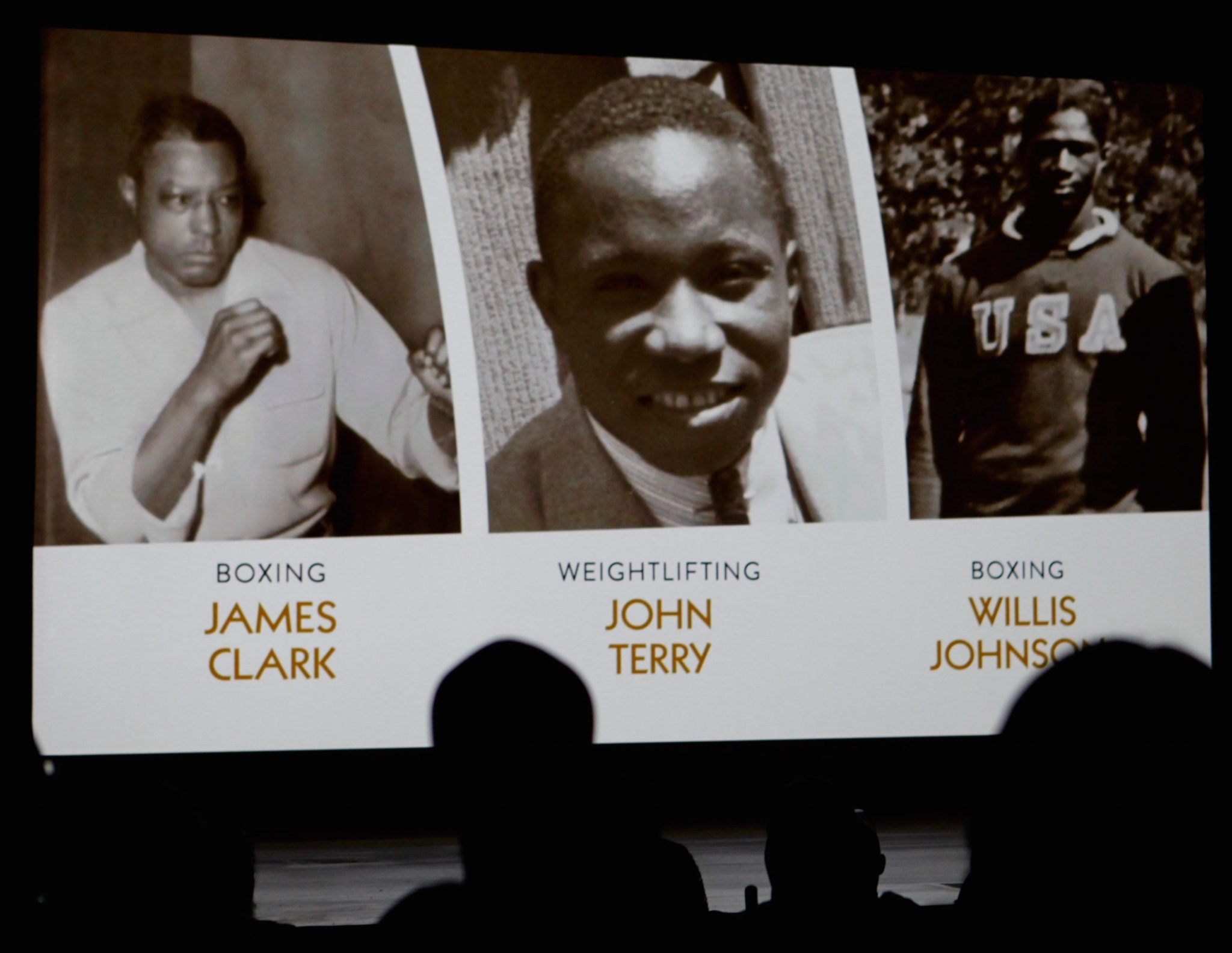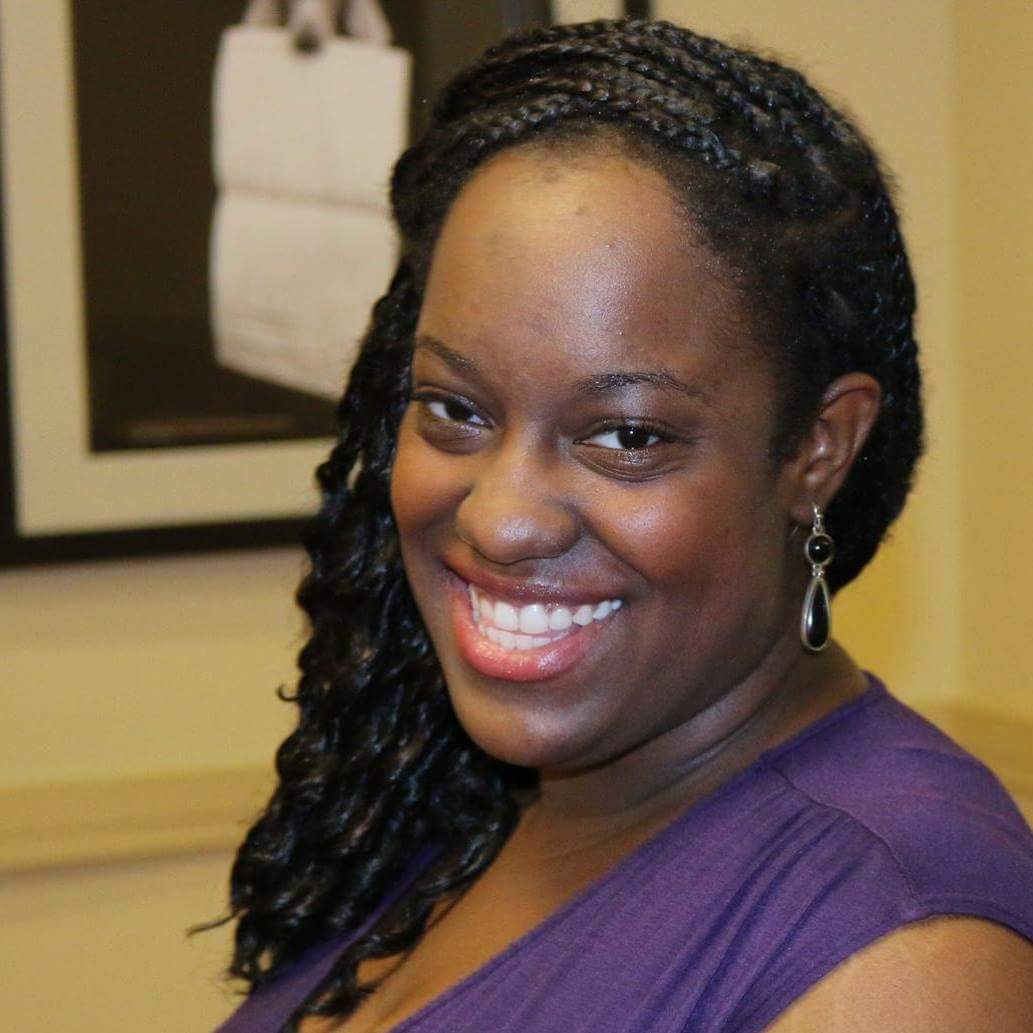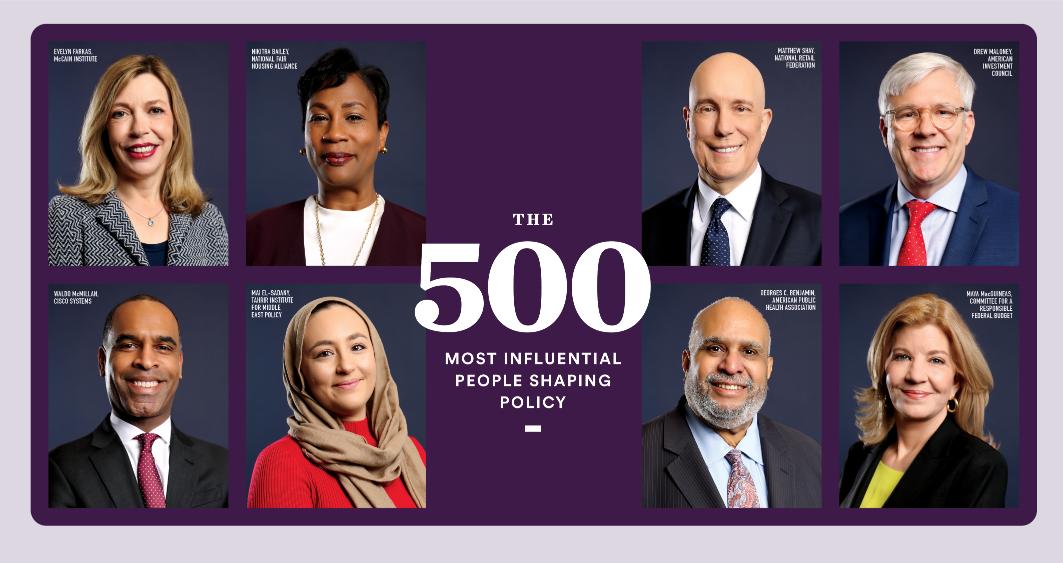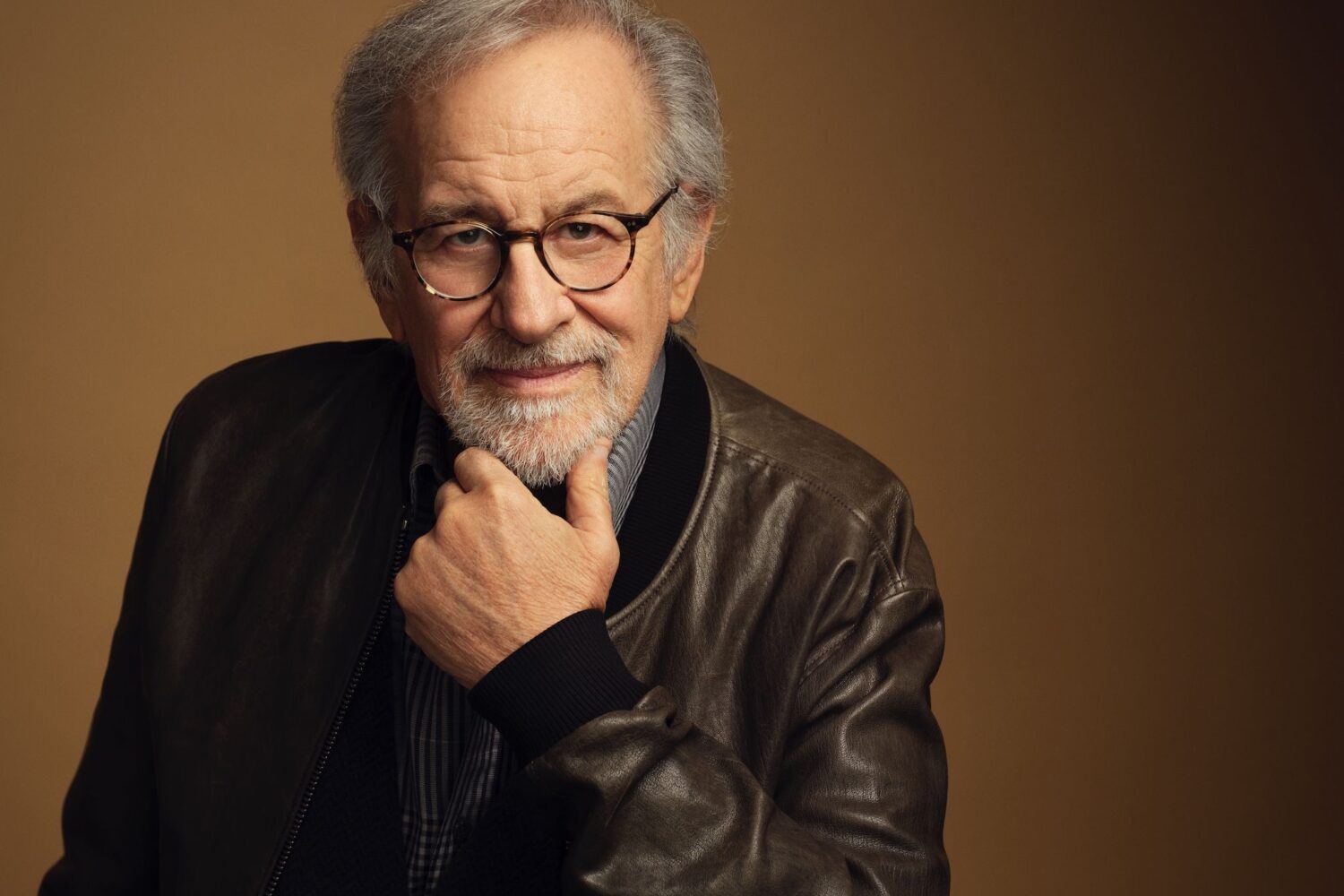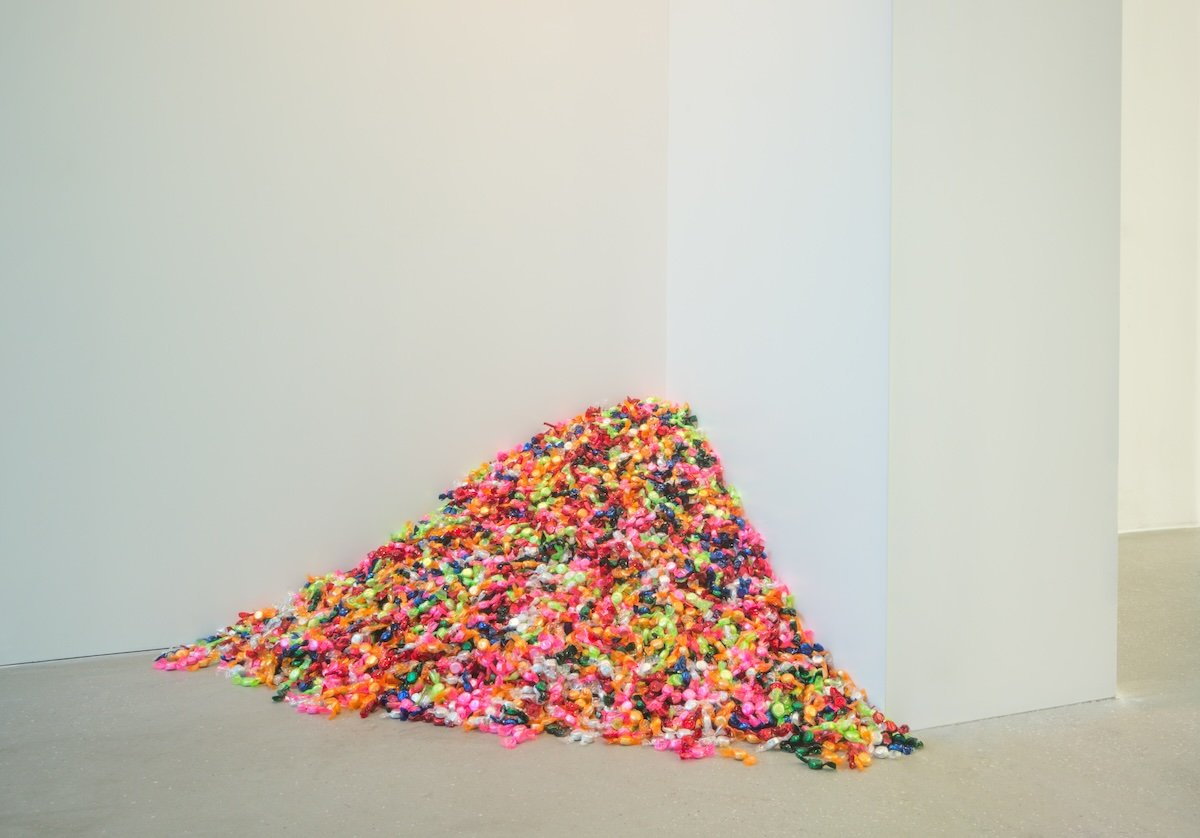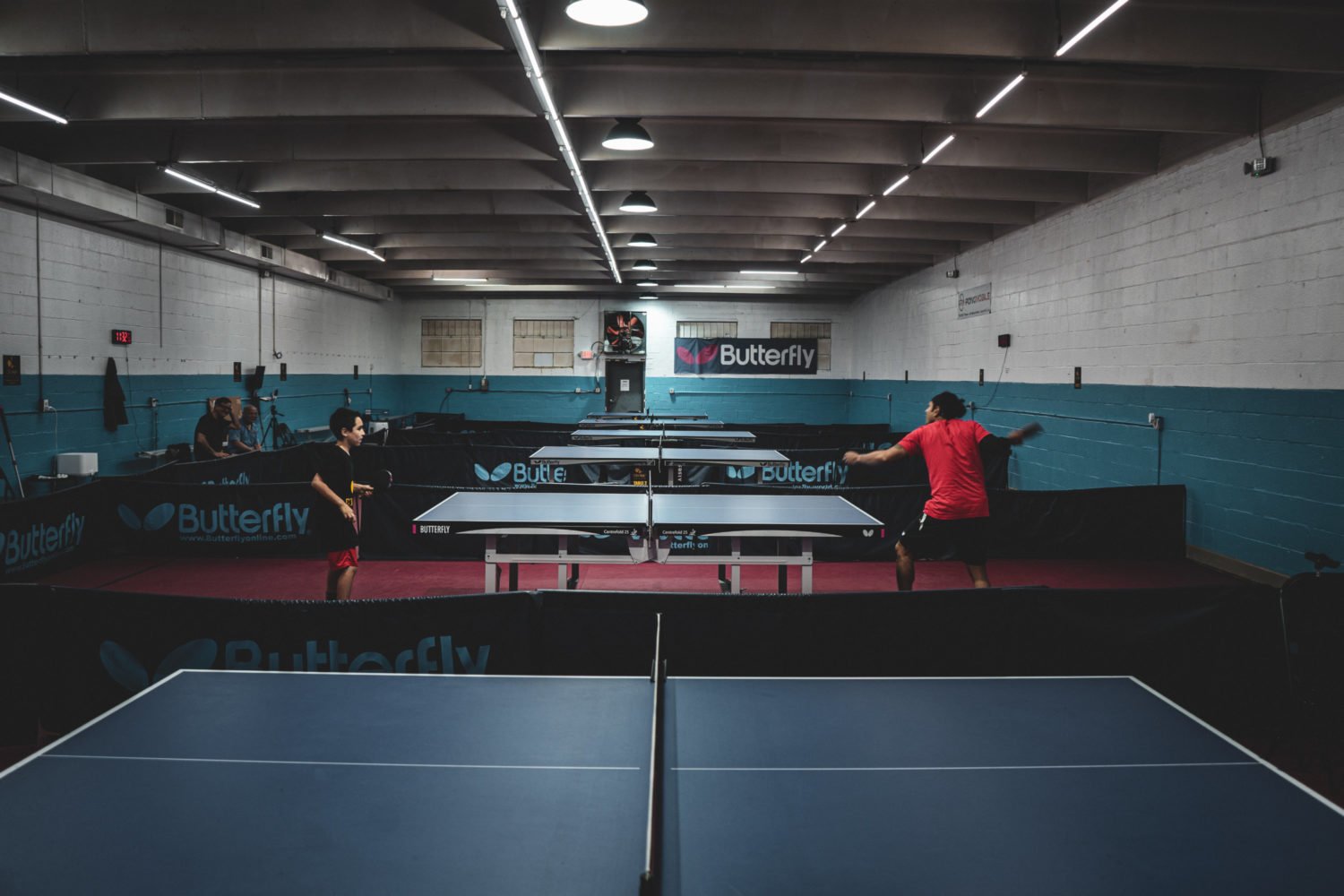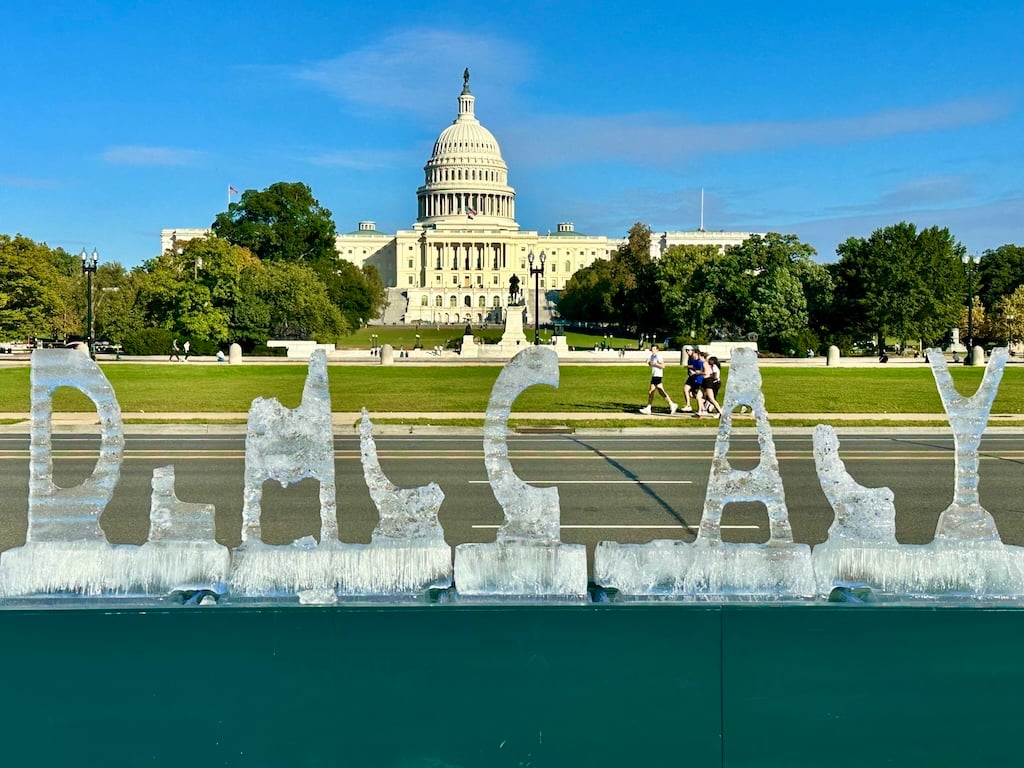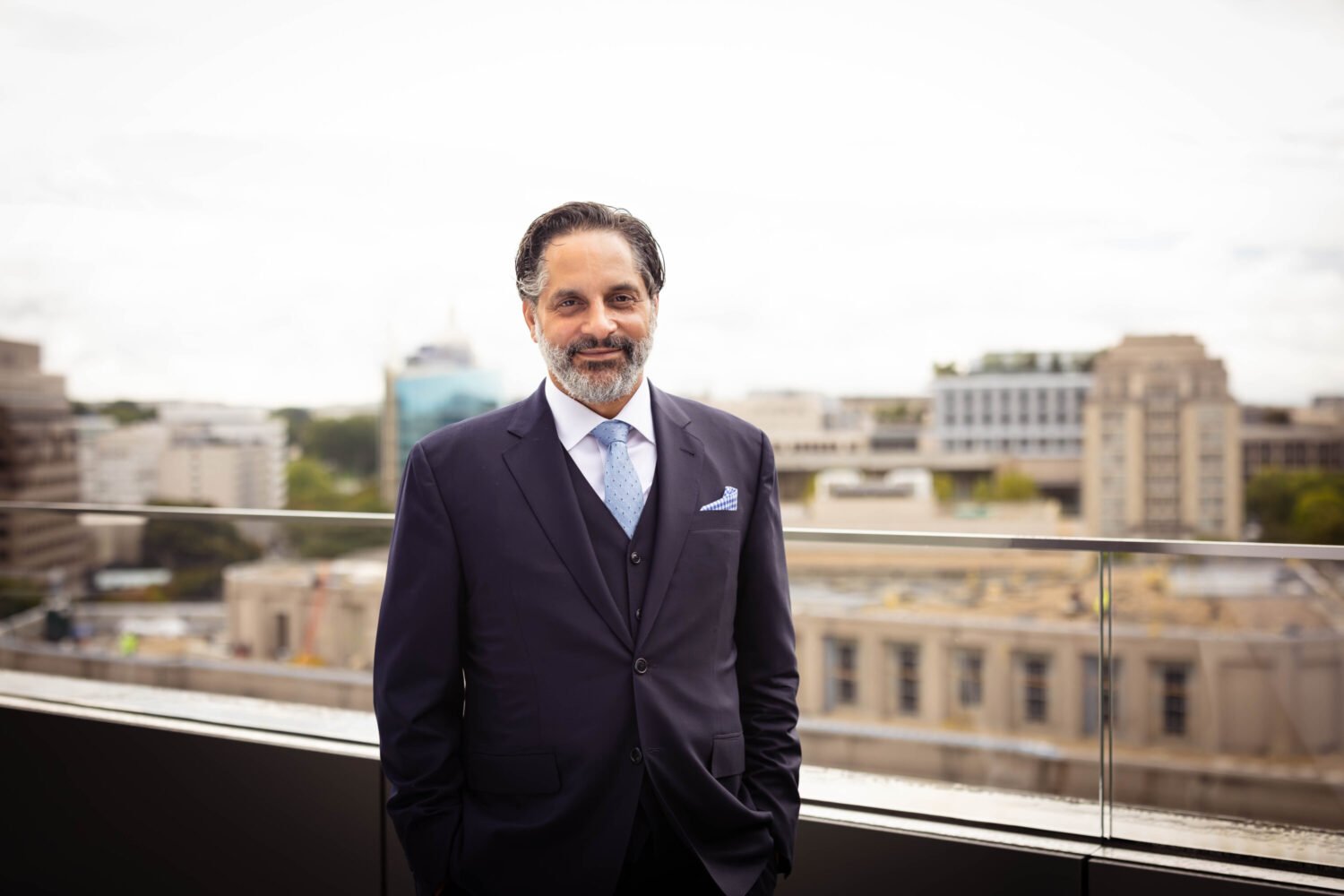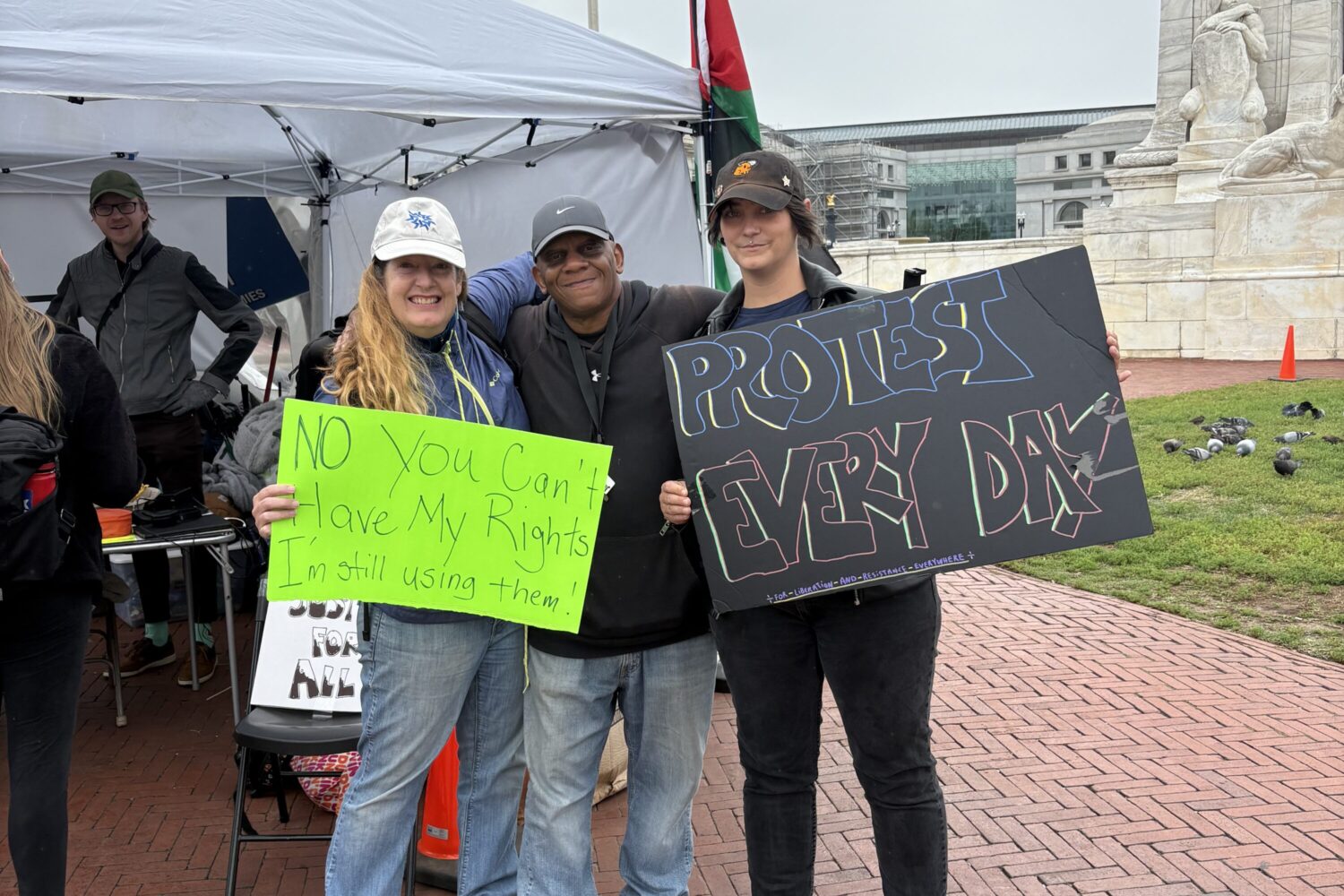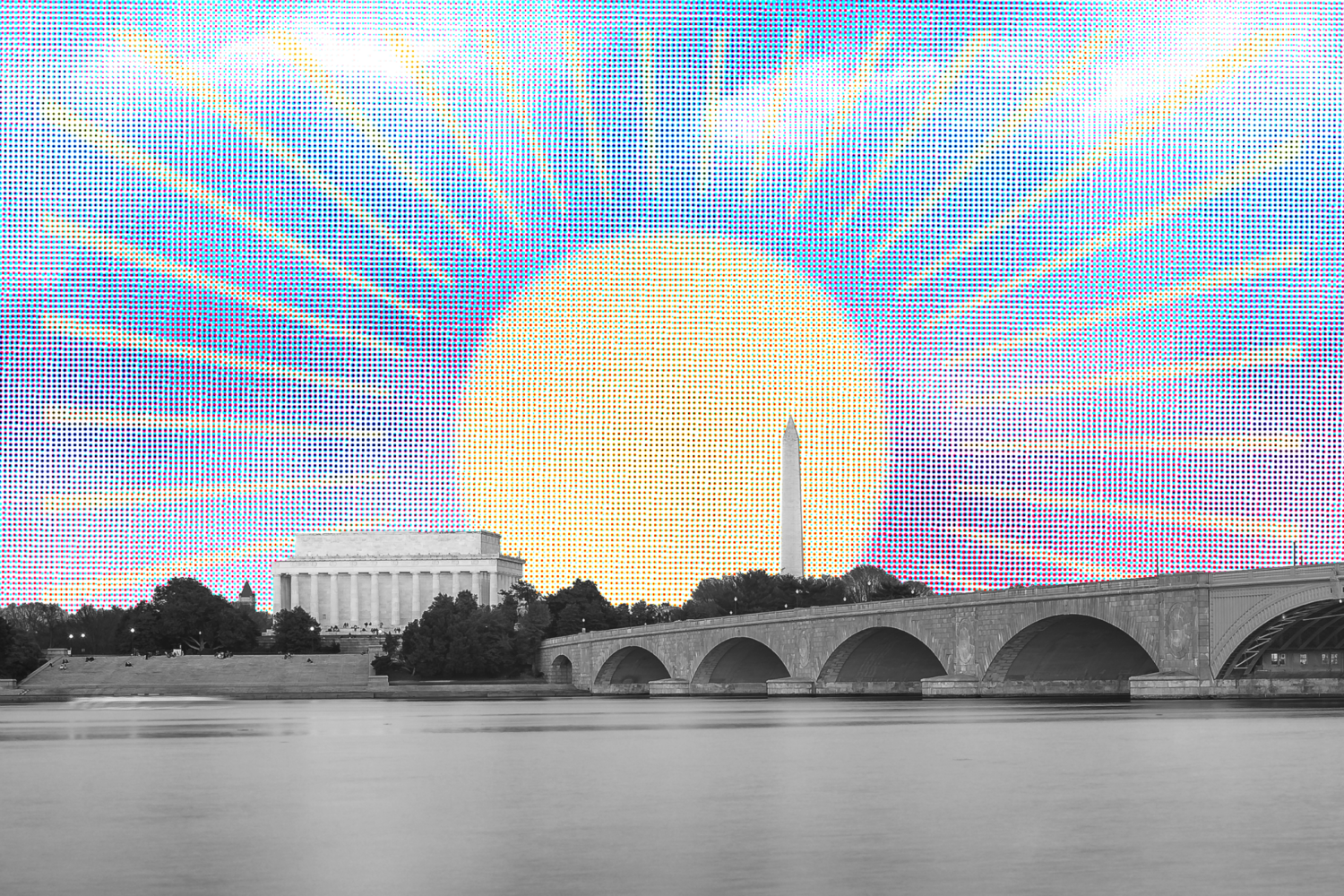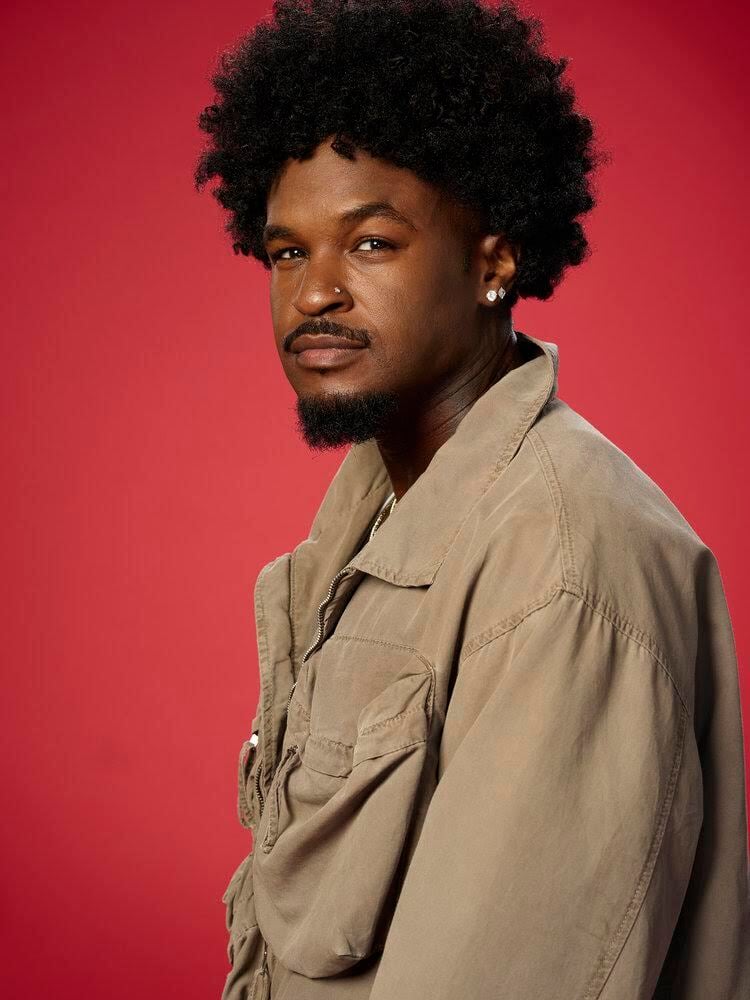From the 2016 movie Race to historical documentaries and newspaper articles, most know the story of the four-time Olympic gold medalist Jesse Owens during the 1936 Olympic Games. But what of the other 17 African Americans who participated in the games that year?
For the first time since 1936, all 18 athletes were remembered and honored in a two-day event held in DC this week. It began late Wednesday night with a special tribute at the Team USA Awards. The families of the athletes were recognized, 80 years later, for their contributions during the Nazi and Jim Crow eras.
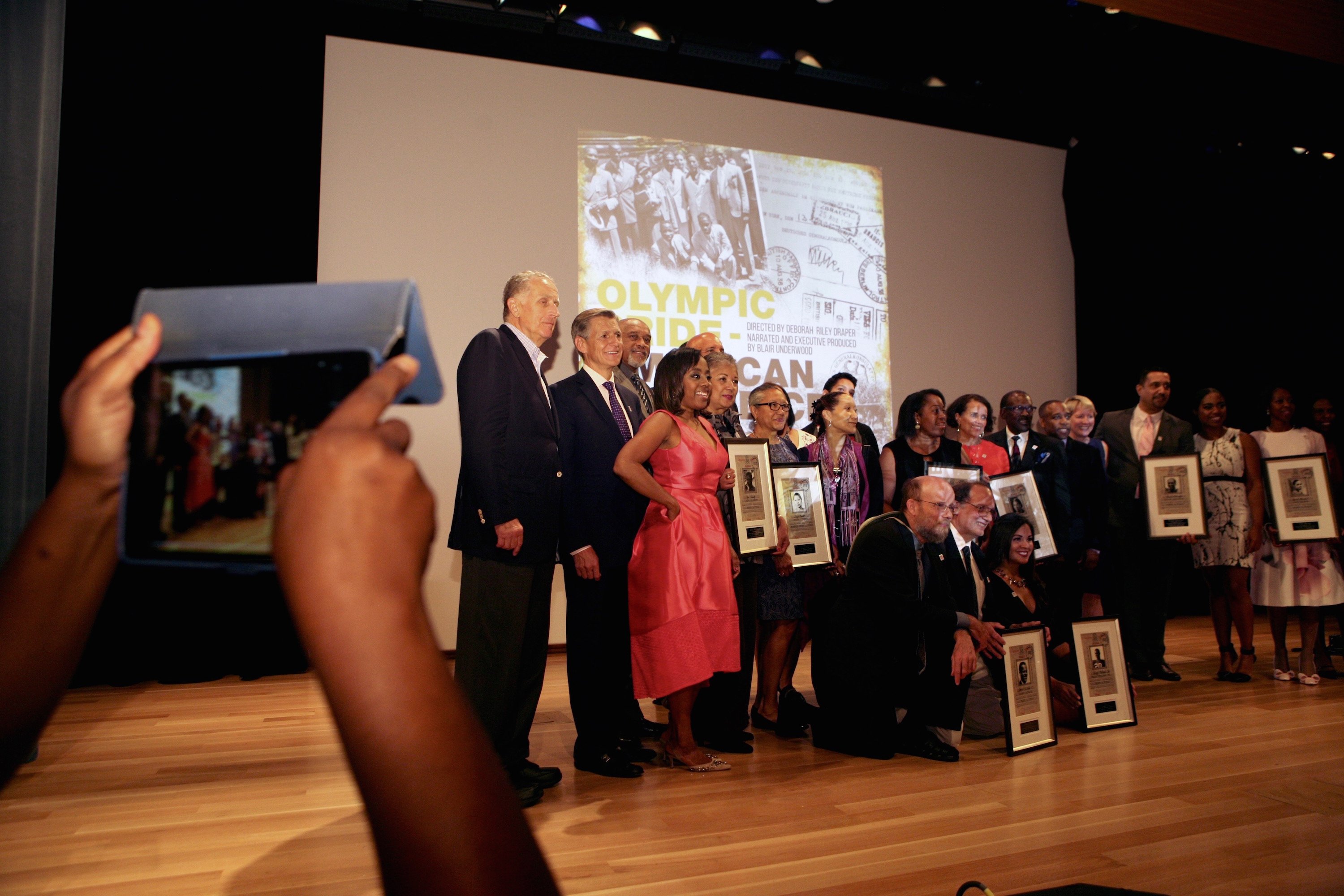
Thursday the families, along with the current athletes of Team USA, visited the White House to meet with President Obama—an honor white athletes of the games received in 1936 that African Americans did not. Obama noted that Jesse Owens’ cleats hang in the new National Museum of African American History and Culture. “But it wasn’t just Jesse,” the president said. “It was other African American athletes in the middle of Nazi Germany under the gaze of Adolph Hitler that put a lie to notions of racial superiority–whooped them–and taught them a thing or two about democracy and taught them a thing or two about the American character.”
Later the families attended a screening of the film Olympic Pride, American Prejudice at the National Portrait Gallery. It tells the story of all 18 African American athletes, who, against all odds, went on to win medals and combat the racism and prejudice seen in America and abroad.
“The fact that they broke barriers 80 years ago and the fact that they dealt with the type of cruelty and severity of Jim Crow and an anti-lynching bill that was never passed in their lifetime–I thought their stories deserved to be told,”says Deborah Riley Draper, who directed, wrote, and produced the film. “We had part of the story, we needed the whole story. We needed to know why we didn’t know about them.”
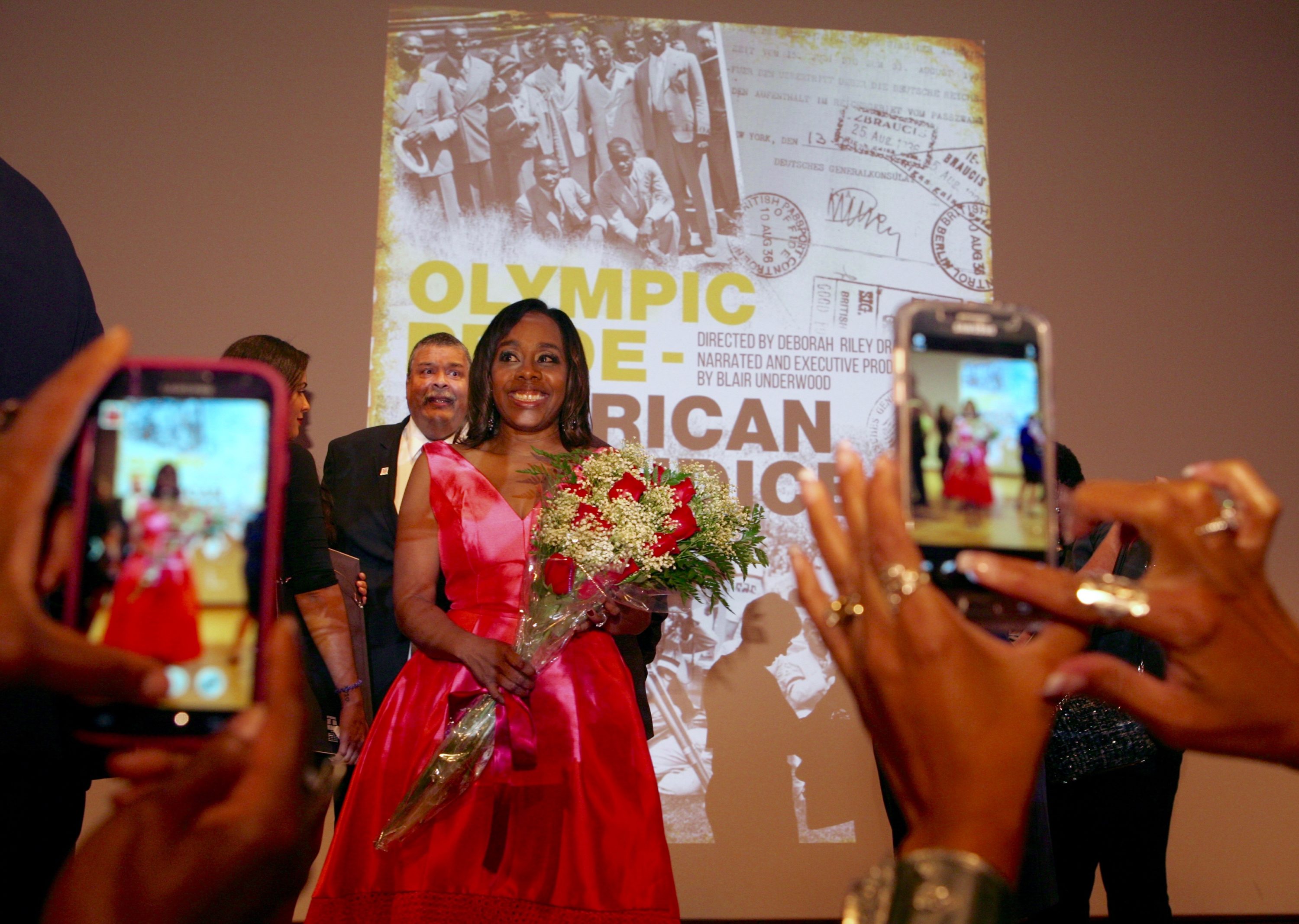
“It’s a tool for healing,” says Draper. ” We get to have wonderful cross-cultural conversations about bias, about racism, [and] about segregation. So we can really get to the heart of healing and get to the heart of moving forward and understanding how to love instead of hate.”
Many of the families in attendance were seeing the finished product for the first time, and were proud to have their parents and grandparents stories told in this way.
“It’s very emotional,” says Edward Robinson, son of Mack Robinson, 1936 silver medalist in 200 meters (and brother to Jackie Robinson). “We’re seeing our father in a light that we never saw him as. We’re seeing him as a young man, as an athlete, smiling at times, He’s in his profession, he’s in what he loves.”

Also in attendance at the screening were narrator and executive producer Blair Underwood, and 2012 Olympic gold medalist Allyson Felix, who spoke about the athletes’ Olympic legacy and the barriers they broke for herself and others.
In addition to the film, all of the families received portraits of their relatives as they were in 1936 during the games.
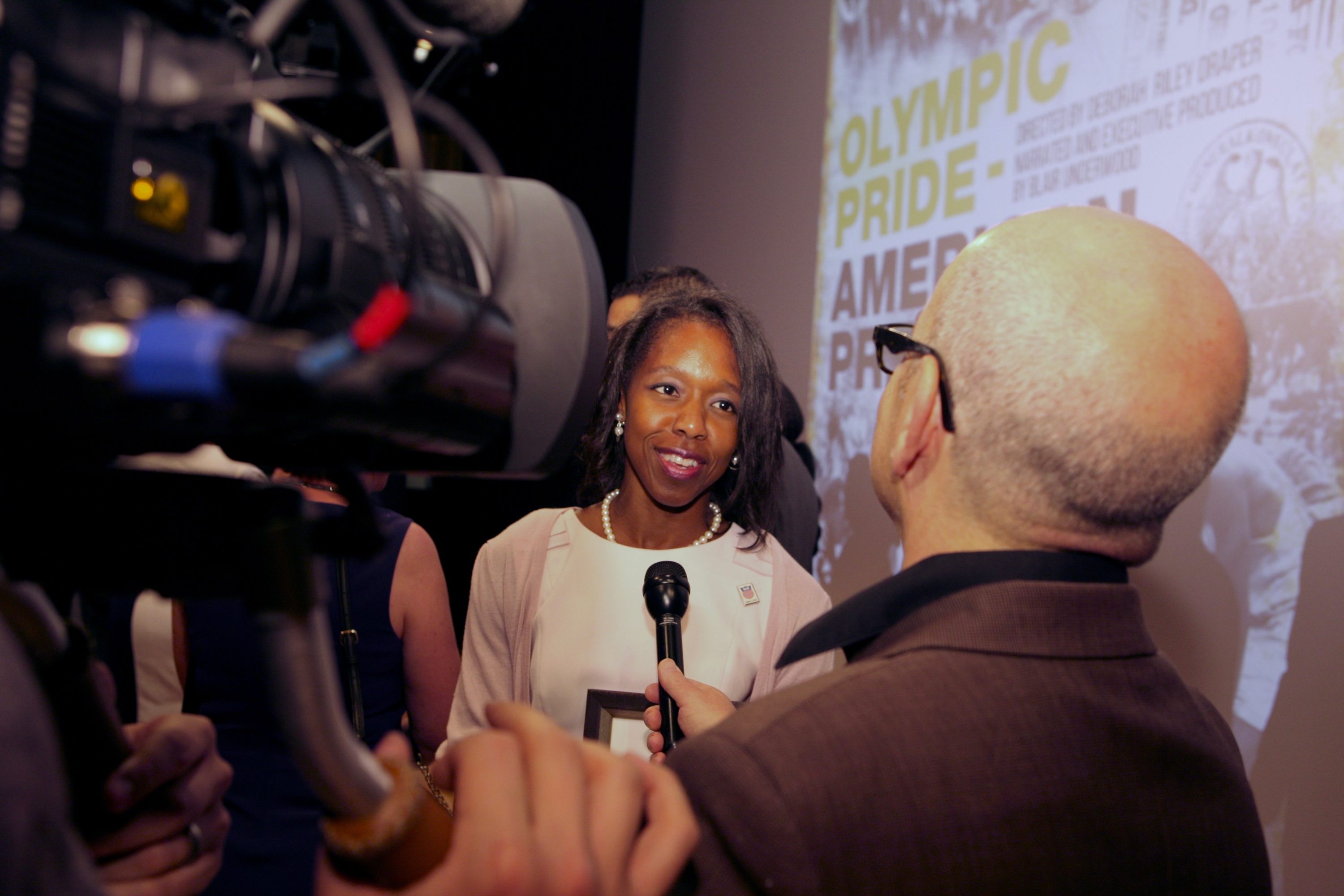
“It was humbling, motivating, awesome, and inspiring,” says Dr. Daria Brooks Terrell, daughter of 1936 Olympic long jumper John Brooks. Brooks Terrell attended the event with her mother, Wannetta Brooks. “I know all of the Olympians are looking down and hopefully very pleased that they were finally recognized.”

